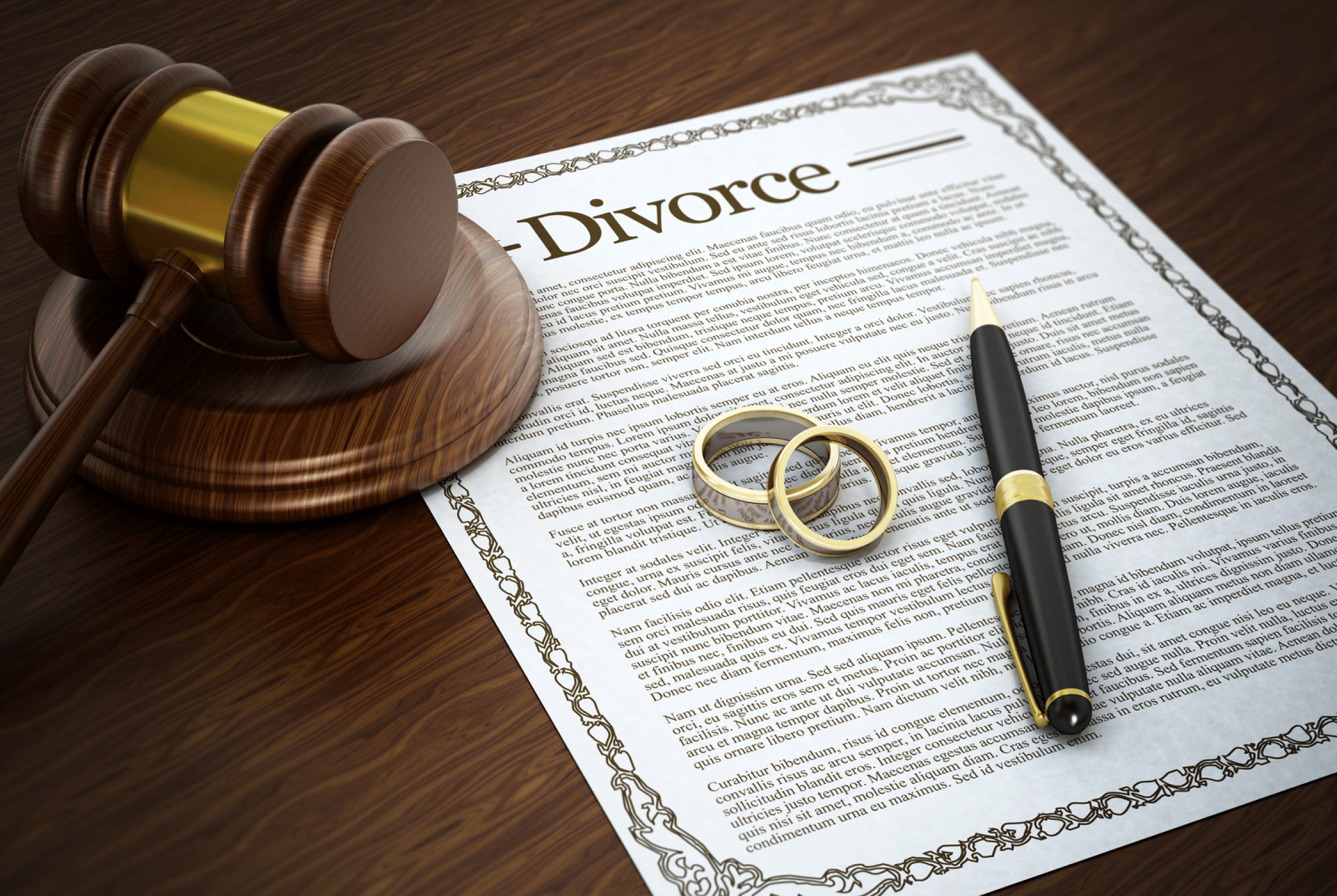One common term we hear a lot about during the legal divorce process is the dissipation of assets. This is essentially the process of breaking down marital assets. In some cases, intentionally spending money to avoid an ex-partner or ex-spouse receiving any can hurt your divorce case.
In this article, we will review what dissipation of assets is in detail and what it can mean for your divorce.
What Is the Dissipation of Assets?
The dissipation of assets is when one partner in the marriage intentionally uses up or wastes marital funds or assets to avoid an ex-partner or ex-spouse receiving any in a divorce.
Here are some of the most common examples of the dissipation of assets:
Gambling
This is a classic example of the intentional dissipation of assets. A partner may go to Vegas and gamble marital money or spend it on other things.
In the State of Florida, a spouse can actually go back and get 50% of what that other spouse spent on that dissipation of marital assets. However, there is a provision in the Florida statute that limits the time frame of when an ex-spouse can go back and get dissipation. This statute of limitations is two years. However, there is case law that extends those two years to even more.
Credit Cards
Another common example is intentionally incurring credit card debt. One spouse may use a credit card to purchase clothing or other items for him or herself. If this occurs during the marriage, then this is still considered marital debt, and the starting point for equitable distribution is 50/50.
The theory behind this is that marriage is a partnership. And much like any other partnership, business or otherwise, a partner’s actions can bind you.
Retirement Plans
Retirement plans are another example. If one spouse has a retirement plan, such as a 401K, IRA, pension or another type of retirement plan, and the other spouse does not, then these are all considered marital assets, which will be divided 50/50 by the Court.
Gifts
This is an example that is incredibly common but isn’t always considered by married couples. If you give something to your spouse during the marriage, then it automatically becomes a marital asset. Any item or asset you had before the marriage is a non-marital asset.
So, if you own something before you got married, it is considered non-marital and will retain its non-marital character. However, if you mix any asset up with other marital items and assets, then it loses its non-marital character and becomes marital.














